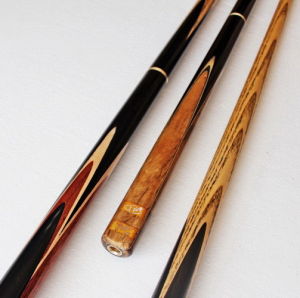
There are many materials used in making pool balls. These materials include plastics, wood, and phenolic compounds. Each material offers its own advantages and disadvantages. Despite the variety of options, phenolic-resin pool balls are generally the most durable.
They are resistant to scratches and have a long life span. Although they are more costly, the price increase is well worth it. Also, these pool balls are known for their unique feature, which is their high density surface.
Phenolic Resin has been used in many industries. It is made by mixing phenol with formaldehyde. To form the ball, this mixture is molded under extreme pressure. The material has high bonding strength and can withstand extreme temperatures. It is also more resistant against chipping due to its molecular structures. The phenolic resin pool ball can last five to six times as long as polyester balls.

Plastic compounds are also considered to be very durable and non-flammable. But they also have their flaws. They can lose their shine more quickly than phenolic crystal balls. A disadvantage to them is their potential for leaving burn marks on the surface of your table.
Plastics were still very young in the 19th-century. Leo Baekeland, an American chemist, discovered a new chemical that could mold to make a plastic-like substance. Bakelite was the name of the new chemical and it was used to make billiard balls. This new material became the industry standard as billiards gained popularity.
The material gained popularity in the United States during the 20th century. Wealthy people could buy it. The material was still quite expensive but it had a greater durability than wood. In the 1920s, the material had replaced wood in the manufacture of billiard ball balls.
Professional pool balls are now made from plastics and phenolics resins. This material is more durable than ivory or wood. It is also a bit more expensive, however it is an excellent investment for those who enjoy playing often.

Consider purchasing professional-grade pool balls if you want to get started with billiards. You can get a pool table accessory set that includes extra pool balls, equipment, and other items to protect your game.
An alternative is to buy synthetic materials such a polyurethane and acrylic. These materials are cheaper but have their downsides. They are not as shiny as phenolic balls, but they can lose their shine just as quickly. Besides, they aren't as scratch-resistant as phenolic resin.
However, if your budget doesn't allow you to purchase a set, you can still look for polyester balls. Polyester balls may be cheaper but they aren’t as durable. Some balls may break. Make sure you only buy polyester balls from well-respected brands.